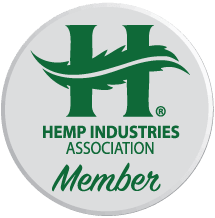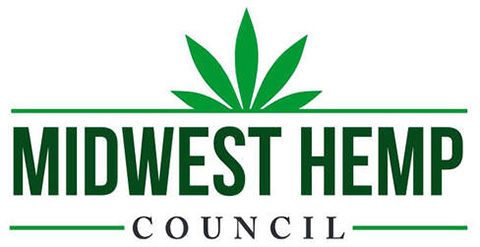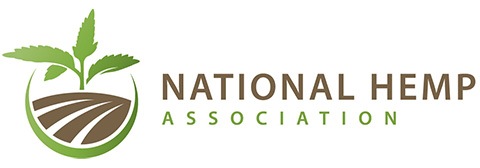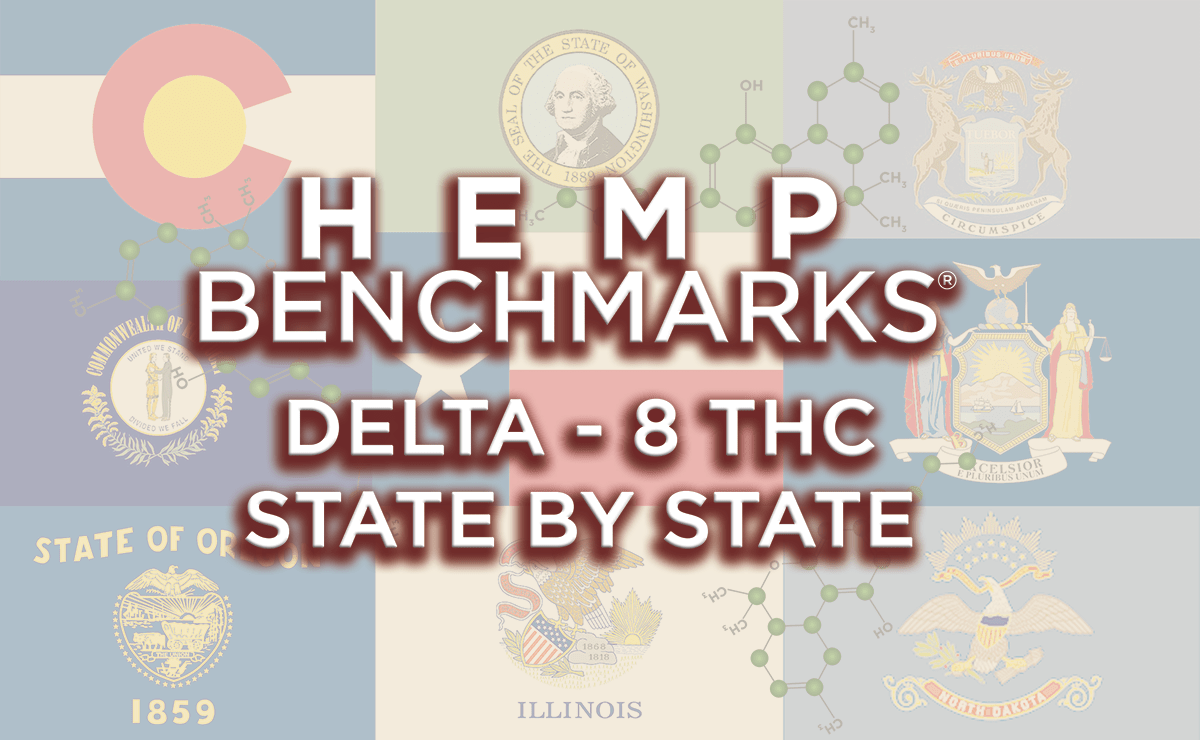
Hemp Benchmarks has covered market and regulatory developments regarding delta-8 THC – as well as wholesale prices for the compound – since late summer 2020. Detailed wholesale price data for delta-8 THC distillate can be found in our monthly Hemp Spot Price Index reports.
Definitive federal action has been absent on the popular, intoxicating cannabinoid that is currently being manufactured from hemp-derived CBD and sold nationwide. As a result, numerous states have taken action in an attempt to regulate or ban the substance. What follows is a rundown of recent state regulatory and legislative attempts to address the production and sale of delta-8 THC products.
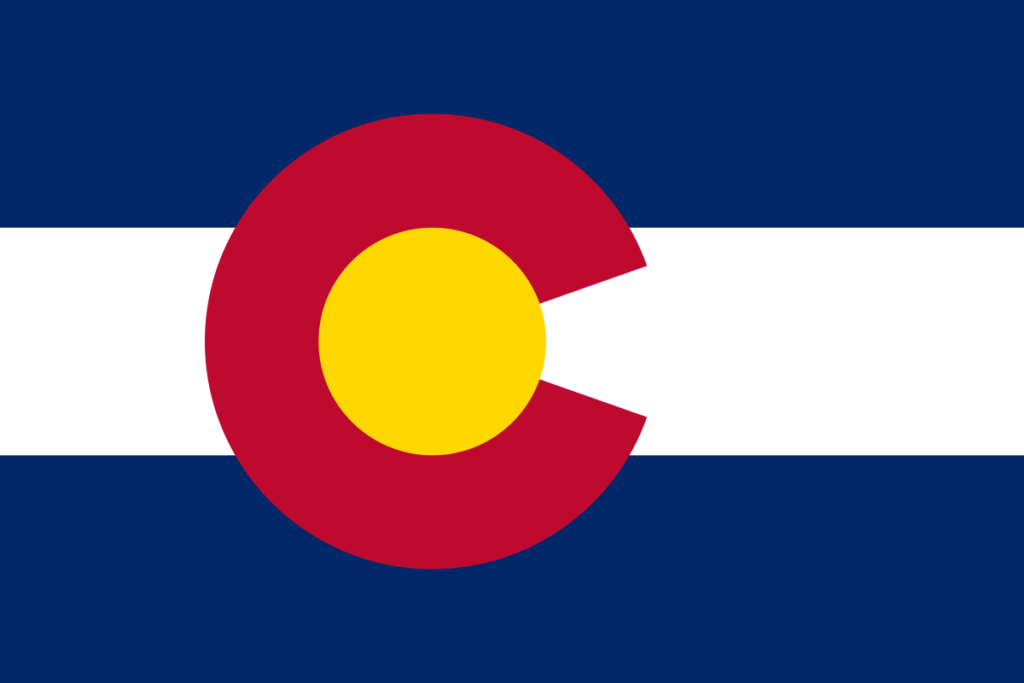
Colorado
On May 14, the state’s Department of Public Health and Environment (CDPHE) announced a ban on delta-8 THC made from hemp-derived CBD. According to a department press release, “chemically modifying or converting any naturally occurring cannabinoids from industrial hemp is non-compliant with the statutory definition of ‘industrial hemp product.’” Also included in that ban is “any process that converts an industrial hemp cannabinoid” into delta-9, delta-8, delta-10 THC, or other THC isomers.
The statement continued: “Insufficient evidence exists to determine whether or not any toxic or otherwise harmful substances are produced during these reactions and may remain in the regulated industrial hemp products ingested or applied / used by consumers. Therefore, these tetrahydrocannabinol isomers are not allowed in food, dietary supplements, or cosmetics.”
The CDPHE announcement follows one from Colorado’s Marijuana Enforcement Division, which clarifies restrictions on delta-8 and other THC isomers manufactured from hemp-derived cannabinoids for the state’s licensed marijuana businesses. CDPHE’s bulletin is directed to “industrial hemp registrants.” Colorado extractors and manufacturers of food or supplement products containing hemp are required to register with CDPHE. Hemp Benchmarks asked CDPHE if it has any authority over businesses in other states producing delta-8 THC from hemp-derived CBD and selling it in Colorado, either wholesale to a retailer or direct to consumer online, but we have not received a response as of this writing.
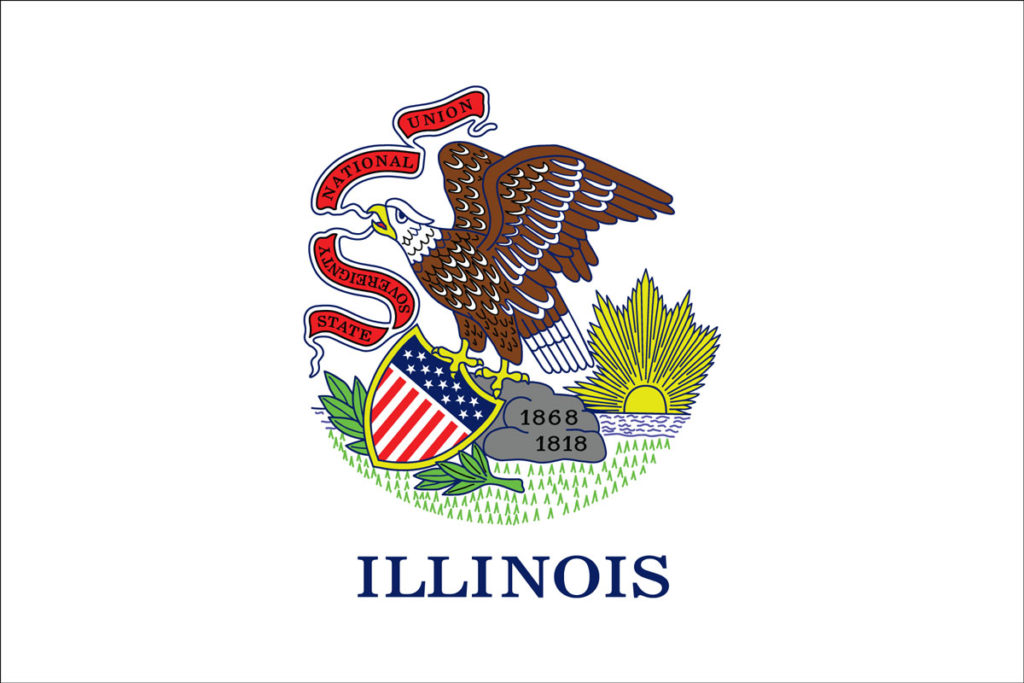
Illinois
State Representative Bob Morgan introduced legislation that would require the testing and labeling of products containing delta-8 THC, CBD, and other cannabinoids before they can be sold or distributed.
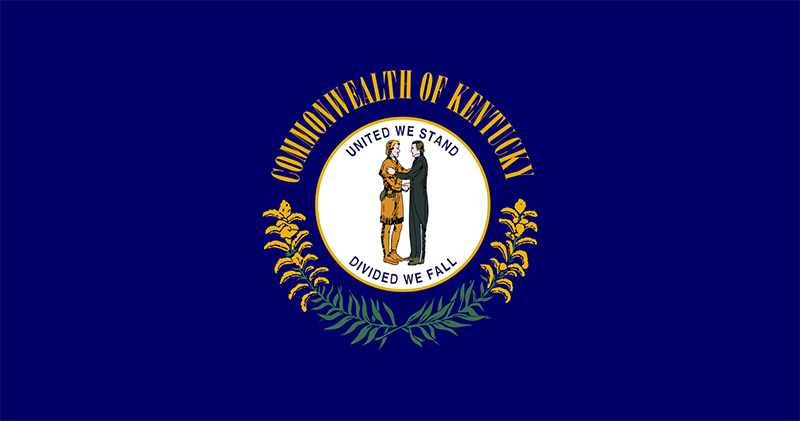
Kentucky
An April 2021 letter from the Kentucky Department of Agriculture to hemp license holders in the state takes the position that delta-8 THC is a controlled substance under both state and federal law. “For that reason,” the letter states, “you should not manufacture, market, or distribute products containing Delta-8 THC. Failure to heed this guidance could result in the revocation of your hemp license and expose you to the risks of prosecution by federal, state, and local law enforcement agencies.”

Michigan
A bill to restrict the production and sale of delta-8 and any other isomers of THC to state-licensed marijuana businesses is moving through the Michigan House of Representatives, according to MLive. The report notes that House Bill 4517 would expand the definition of marijuana to include all types of THC, “regardless of whether it is artificially or naturally derived.” Consequently, the report notes, “As marijuana, the products would be required to be produced by licensed marijuana businesses, tested for safety and sold only at licensed marijuana events or retail businesses.”
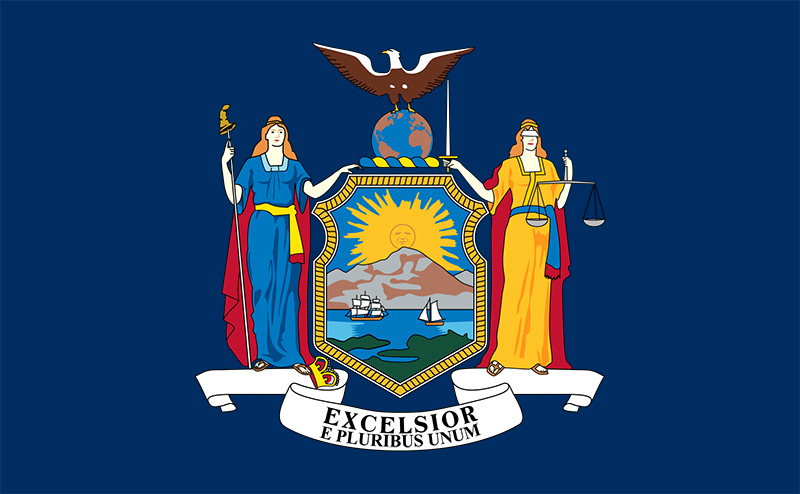
New York
A May 20 report from JD Supra notes that the New York Department of Health (NYDOH) recently updated its regulations to include a ban on delta-8 THC and similar compounds. According to the report, “DOH clarified that hemp cannabinoid products sold in New York may ‘not contain synthetic cannabinoids, or cannabinoids created through isomerization, including [Delta] 8-tetrahydrocannabinol and [Delta] 10-tetrahydrocannabinol.’’ The JD Supra report points out that the recently-updated regulations are not in their final form, but, when they are, the rules will apply to out-of-state wholesalers and online retailers selling cannabinoid products into the state, as well as New York-based businesses.

North Dakota
House Bill 1045 was signed into law by Governor Doug Burgum in late April. A report on the measure from the Grand Forks Herald states that the new law has been subject to varying interpretations. According to the Herald, some fear HB 1045 will ban delta-8 THC altogether, while legislators say that the measure is designed only “to go after processors and sellers of high-concentration THC products operating in the state.”
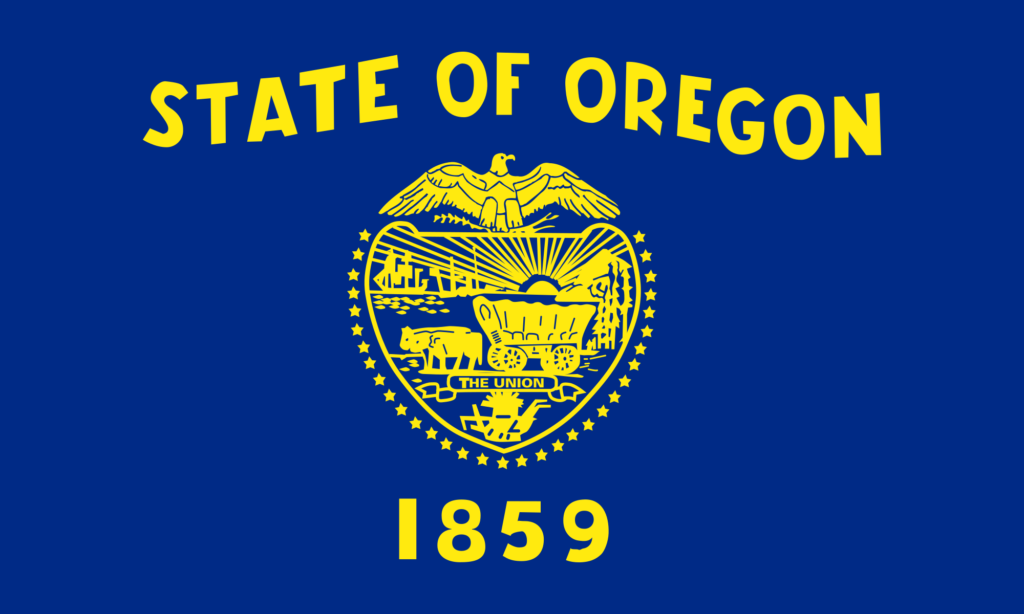
Oregon
State lawmakers are working to regulate delta-8 THC via legislation. House Bill 3000 would define what is “adult-use cannabis,” as well as “artificially-derived cannabinoid” and “tetrahydrocannabinol (THC),” in order to create regulations for marjuana and industrial hemp. The measure would also authorize the Oregon Liquor Control Commission (OLCC) to regulate artificially-derived cannabinoids, which includes essentially all the delta-8 THC being sold today.
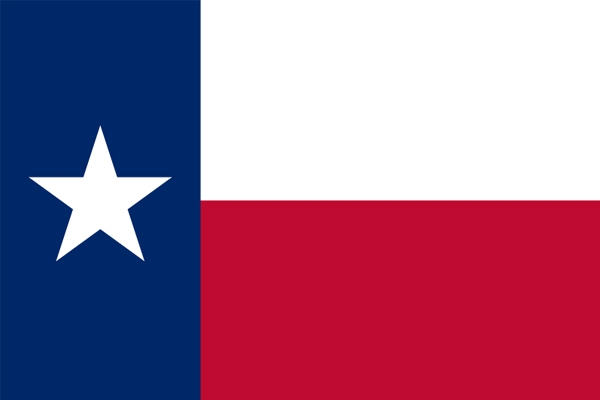
Texas
House Bill 3948 is moving through the Texas legislature. Some sections of the bill appear to take aim at delta-8 THC and similar compounds. The latest text of the measure states, “a person may not manufacture, sell, or purchase a consumable hemp product in this state: … that contains synthetically derived tetrahydrocannabinols … including synthetically derived acids, isomers, or salts of tetrahydrocannabinol.” A subsequent section disallows consumable hemp products “if additional tetrahydrocannabinol in a concentration greater than 0.3 percent on a dry weight basis has been applied to the product.”
On June 10, however, Hemp Today reported that the bill was dead after state House and Senate versions of the legislation could not be reconciled. As of this writing, the bill’s status on the Texas Legislature’s official webpage, linked above, has not been yet updated.
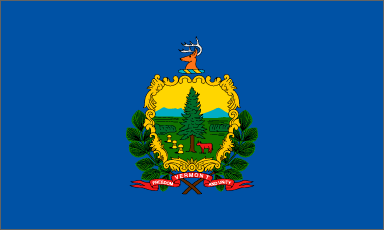
Vermont
In late April, the state’s Agency of Agriculture, Food, and Markets (VAAFM), which oversees Vermont’s hemp program, emailed the state’s registered hemp producers to clarify its policy on delta-8 THC. According to the email, published by Vermontijuana.com, VAAFM notes that it is illegal to manufacture delta-8 THC “because the Vermont Hemp Rules expressly prohibit the use of synthetic cannabinoids in hemp products and / or hemp-infused products.”
It also states that Vermont Hemp Program registrants that manufacture and / or label products containing delta-8-THC “are violating State law and risk enforcement by [VAAFM]. In addition, delta-8-THC manufactured from hemp may be a controlled substance under federal and / or State law. As a result, anyone who uses, possesses, or distributes delta-8-THC may face federal and / or State criminal sanctions.”
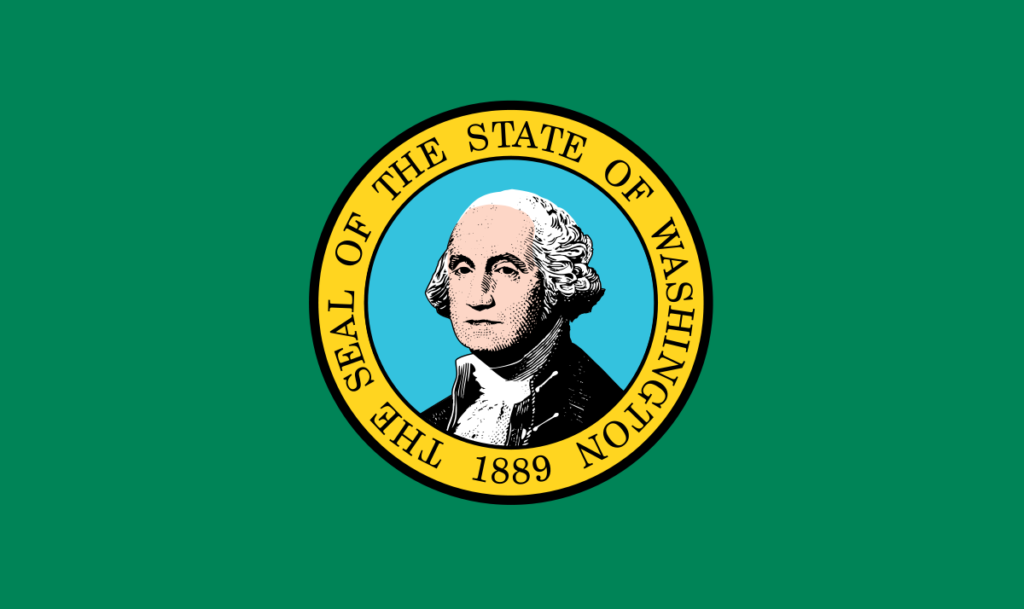
Washington
The state’s Liquor and Cannabis Board (LCB) issued a policy statement on “Tetrahydrocannabinol (THC) compounds other than delta-9 and the conversion of CBD, hemp, or both to delta-8 THC, delta-9 THC, or any other cannabis compound that is not currently identified or defined” in Washington law or regulations.
The LCB regulates Washington’s licensed marijuana market; its policy statement examines existing state law and rules, and concludes: “delta-8 THC, as well as derivatives, extracts, cannabinoids, isomers, and CBD isolate from hemp or other sources that are genetically or chemically altered into compounds may not be produced or processed in LCB licensed facilities, and may not be sold in licensed marijuana retail stores.”
Importantly, policy statements from Washington state agencies are advisory only, as a subsequent LCB bulletin emphasized. As alluded to above, the original policy statement was essentially an interpretation of existing laws and rules as they apply to the state’s legal marijuana market. As we reported previously, LCB does not currently have the statutory authority to unilaterally ban the production and sale of delta-8 THC statewide.
Editor’s Note: Given that developments concerning delta-8 THC are occurring rapidly, the preceding list should not be considered exhaustive. Additionally, the analysis contained in this article may become outdated due to amendments to the bills under discussion or other changes. Nothing in this article is intended as legal advice.

